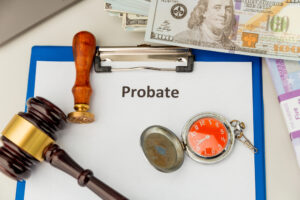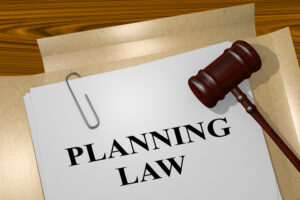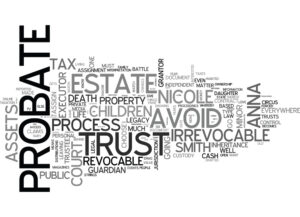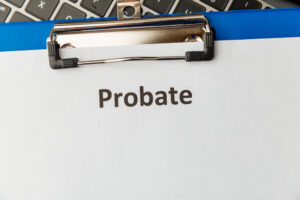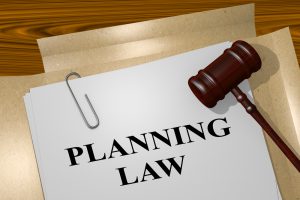Did the court recently name you as a personal representative to a loved one’s estate or have you volunteered to serve in this role because there’s no one else in your family or friends circle who can assist with a deceased family member’s estate administration? The process of probate requires that at least one person be responsible for the administration of the loved one’s asset distribution either to creditors or to beneficiaries. This person is known as the personal representative or executor. 
As a New Jersey personal representative lawyer can tell you, this process can be involved. A personal representative attorney in your area may be required to handle the most important aspects of probate. In those circumstances, it is strongly recommended that a newly appointed personal representative get help from an experienced attorney. A personal representative lawyer in your area should be someone who has handled probate estates before and someone who can provide insight and support to the personal representative regardless of how long probate takes.
Probate could be as simple as filing some paperwork and distributing what minor assets belong to a loved one over the course of a couple of months but it can also be much more involved, especially if there is a will contest, a trust contest or assets or beneficiaries that are difficult to find. In those circumstances it’s vital to hire an experienced personal representative lawyer to assist with the detailed management and to provide the personal representative with a greater sense of confidence about the order in which they are managing things.
Fiduciary Duty
A personal representative has a duty to the beneficiaries of the estate and to the estate itself to handle these important tasks properly. Personal representatives who do not do this could be accused of illegal or unethical behavior and could even be removed from their position. Furthermore they face the risk of being held personally accountable for financial losses sustained by the estate due to their actions. Because of the high stakes involved, it is strongly recommended that you get legal support from a personal representative attorney when handling a loved one’s estate. This is especially important if the estate is complicated.
Funds from the estate can be used to help pay for the attorney’s services and it can make the role of serving as a personal representative much easier because you have a better handle on what to anticipate and some of the common challenges that could pop up. No one should be in the process of handling a loved one’s estate like this on their own and you can do a lot of good for yourself by finding an attorney early.

